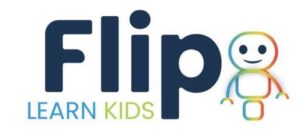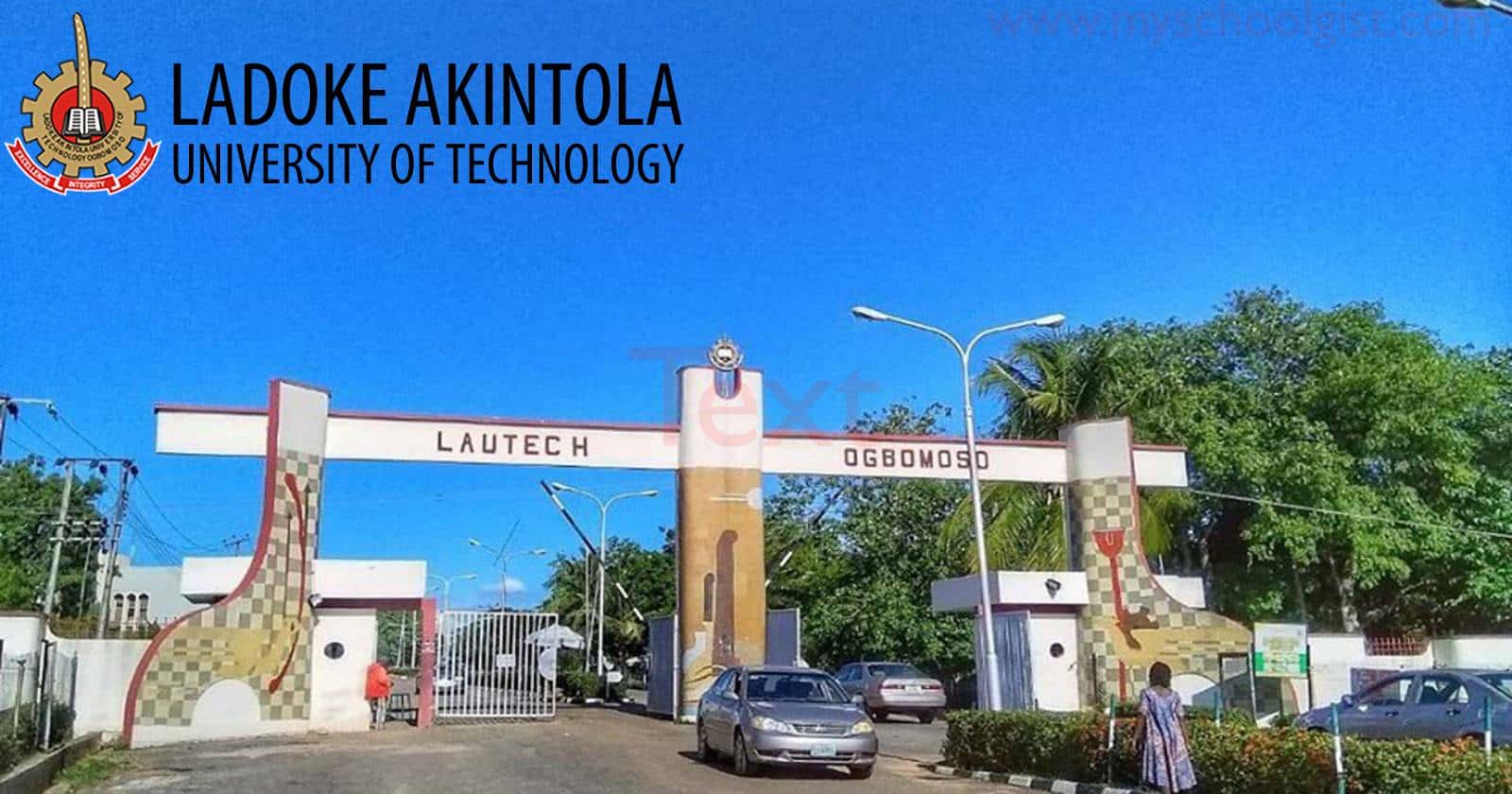Dive Brief:
- Only 3% of teacher preparation programs require aspiring elementary teachers to complete courses in social studies and science topics needed to promote literacy and learning for the students they will teach, according to a new report from the National Council on Teacher Quality.
- Fewer than 20% of programs require world history and economics in social studies, and just 10% require engineering design in science, rounding out the topics most frequently absent in elementary teacher prep program requirements.
- The report also found that despite over 90% of prep programs providing course options found in student standards — like the American Revolution; forces, waves, energy; and the structure and properties of matter, among others — fewer than half require coursework in any of those topics.
Dive Insight:
The NCTQ research suggests a notable gap exists between the course content requirements for aspiring elementary teachers and the content opportunities available.
“The good news is that most social studies and science courses that elementary teachers need already exist within current options,” NCTQ President Heather Peske said in a news release. “What programs must do now is make sure that their elementary teacher candidates choose the right courses.”
A world history class, for instance, would be a more relevant topic for an aspiring elementary educator than, say, “Sports and the American Character,” Peske said. But according to the report, many programs provide course options to fulfill requirements that vary in classroom relevance.
The hit-or-miss nature of these options puts the students who these new teachers will teach at a disadvantage, the report says. Cognitive research demonstrates that background knowledge in key subject areas like social studies and science fuels reading comprehension, allowing students to understand their assignments, deduce new information and solve problems.
To this point, the NCTQ report said strong content knowledge can mean the difference, for example, between a student contextually understanding the word “pupil” as the center of the eye as opposed to another learner.
In its research, NCTQ analyzed 437 undergraduate elementary teacher prep programs leading to licensure or certification in 44 states and the District of Columbia. Nontraditional programs and graduate programs were not examined.
In 2019, NCTQ found just 46% of aspiring elementary school teachers passed a common licensing exam on their first try.






Leave a Reply